Trickle down effect? Exploring the influence of the Olympic Games on preschooler sport participation and development
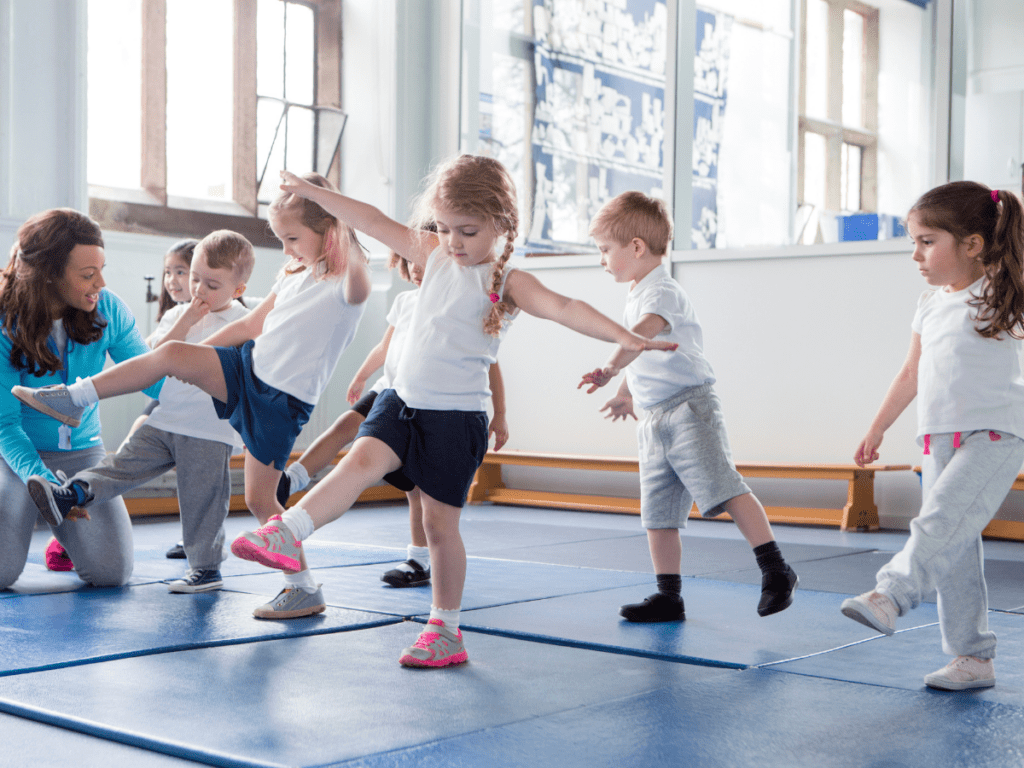
Background / Context / Objective The benefits of sport participation among youth are well recognized, yet little work has focused on understanding sport participation among very young children, despite growing participation at increasingly early ages. The first objective of this project was to explore sport participation and development among preschoolers. Findings suggest that while parents…
Subgroups vs cliques
Worried about the subgroup dynamics within your team? Subgroups represent those “good” groupings that show prosocial behaviours, and can be leveraged to positively influence the team culture. Cliques are debilitating, excluding or ostracizing teammates, lowering self-esteem, and promoting antisocial and unethical behaviours. Coaches should be proactive in addressing the negative impact of cliques.
Looking Back – 2020 SIRC Content Highlights
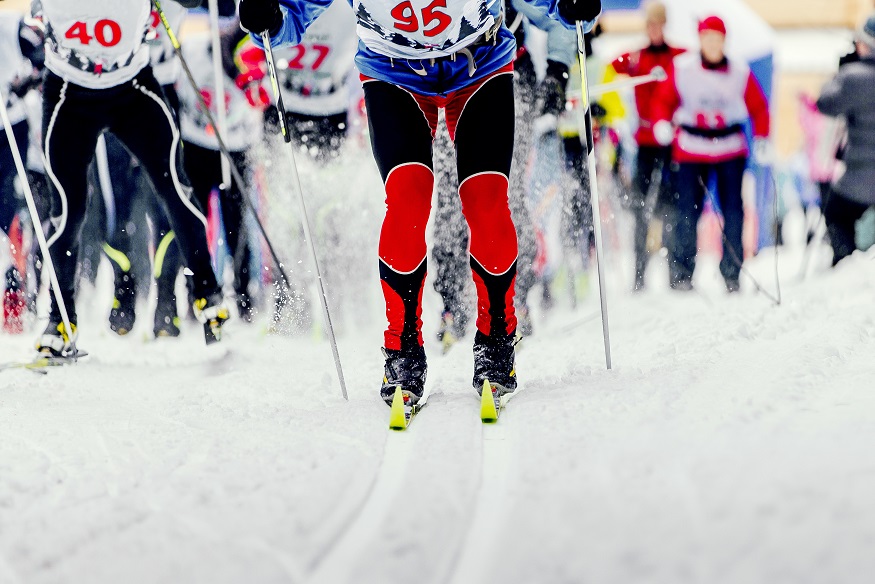
Although 2020 was a challenging year, it was rich with learnings and silver linings for the Canadian sport and physical activity sector. Featured below are highlights of SIRC’s top content from the last 12 months. Whether you’re looking for insightful reading during a quiet moment over the holidays, or a quick video to get your…
Community parasport – The experiences of female youth
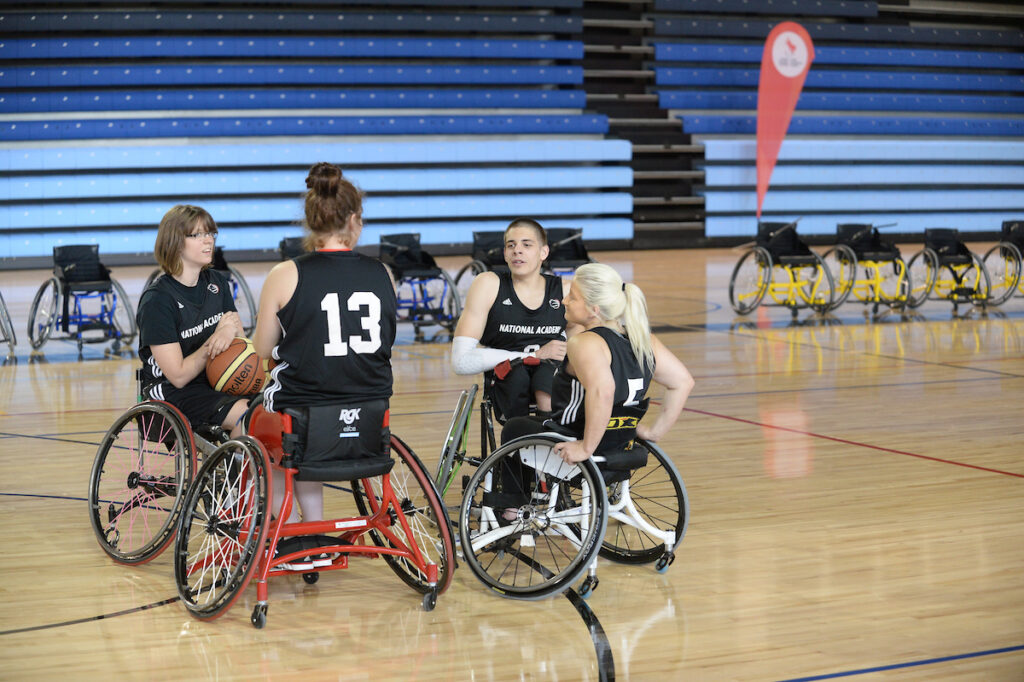
The upcoming Tokyo Paralympics will be an opportunity to inspire the next generation of Canadian Paralympians. However, without strong development pathways, young Canadians may not have the opportunity to pursue their dreams. An important first step along any development pathway is a positive introduction to sport through grassroots community programs. There is a persisting gap…
Corporatizing sport for aboriginal girls: Connecting corporate social responsibility, the ‘Girl Effect’ and aboriginal-focused sport, gender and development programs
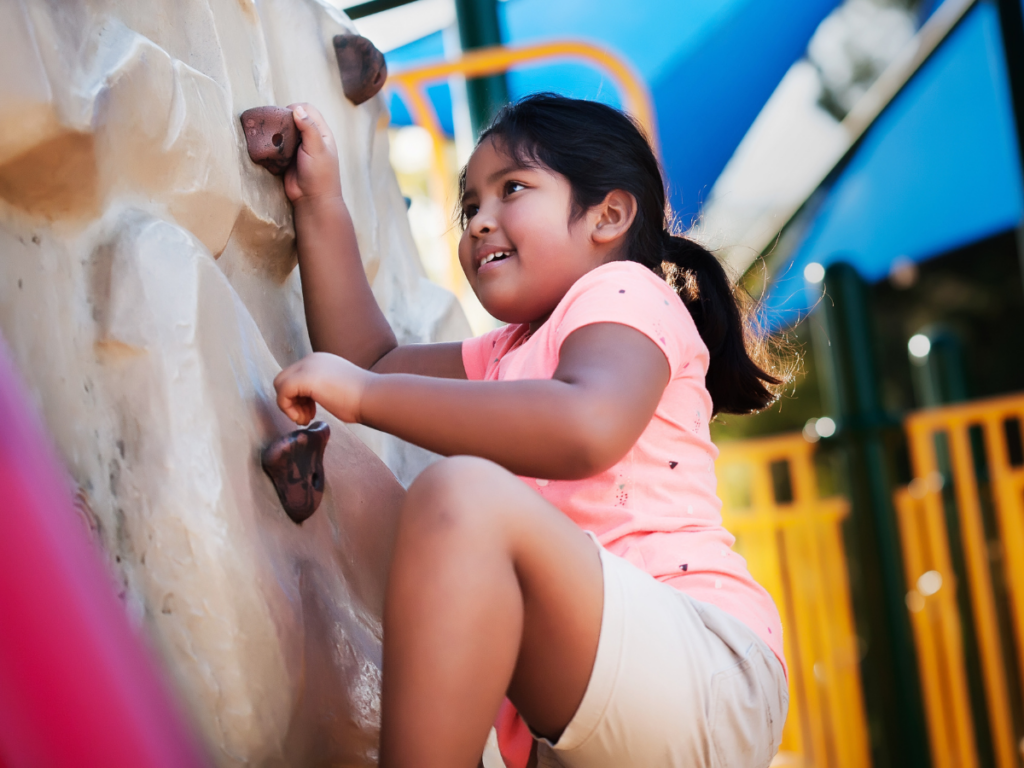
Project Summary This study explored how urban Aboriginal young women understand and experience their participation in a sport for development (SFD) program administered by the Vancouver Aboriginal Friendship Society Centre (VAFCS); and investigated how corporate funding and involvement in the VAFCS SFD program impacted targeted beneficiaries. The three specific objectives of the research were: To…
Skeleton technology
In a skeleton race, improvements of fractions of a second at the start can make all the difference at the finish line. Researchers from the University of Bath recently developed the first non-invasive motion capture technology to accurately track the push-start phase of a skeleton race. The new technology could help athletes and coaches track…
“If it Ain’t Broke Don’t Fix it:” Managing Subgroups in Sport
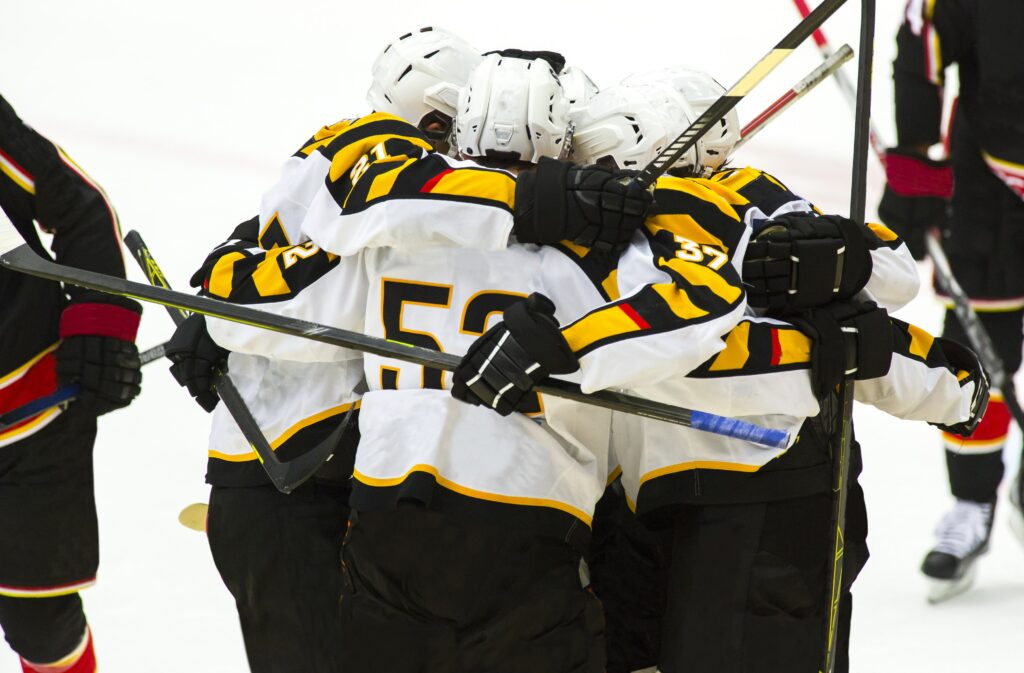
This blog is the final installment in a series in collaboration with Queen’s University. As an assignment to build knowledge mobilization skills, Dr. Luc Martin, Associate Professor in the School of Kinesiology and Health Studies, tasked students in his third year team dynamics course to write a SIRC blog. The top five were submitted to and published by…
Athlete Identity and Transition Out of Sport
Athletes often tie their self worth to their accomplishments, improvements, and outcomes in sport. Transitioning out of sport, due to retirement or injury, can compromise their sense of self worth. Feelings of having nothing to offer, being inadequate, and feeling unsure of their value in life can negatively affect the individual’s mental health.
Early Specialization in Hockey
Research finds elite NHL and collegiate hockey players often begin playing sports around 4 years of age, but only specialize in hockey at, on average, age 14. Experts suggest that because hockey requires players to master a wide variety of physical movements, there is a benefit to training in multiple sports at a young age…
Virtual Reality and Skill Development
Thinking about investing to the latest virtual reality (VR) applications for your basketball or baseball team? While promising, the majority of VR applications have focused on endurance sports, where less factors need to be considered to create an immersive environment. To support skill development, the latest tech should be evaluated for its action fidelity and…